(Protein is widely recognized as a fundamental building block of life, and it’s easy to see why. Whether you’re aiming to build muscle or shed a few pounds, protein plays a critical role in achieving your fitness goals. In this article, we will delve into how protein supports muscle growth and aids in weight loss, along with practical tips on how to incorporate it into your diet)
What is Protein, and Why Is It Important?
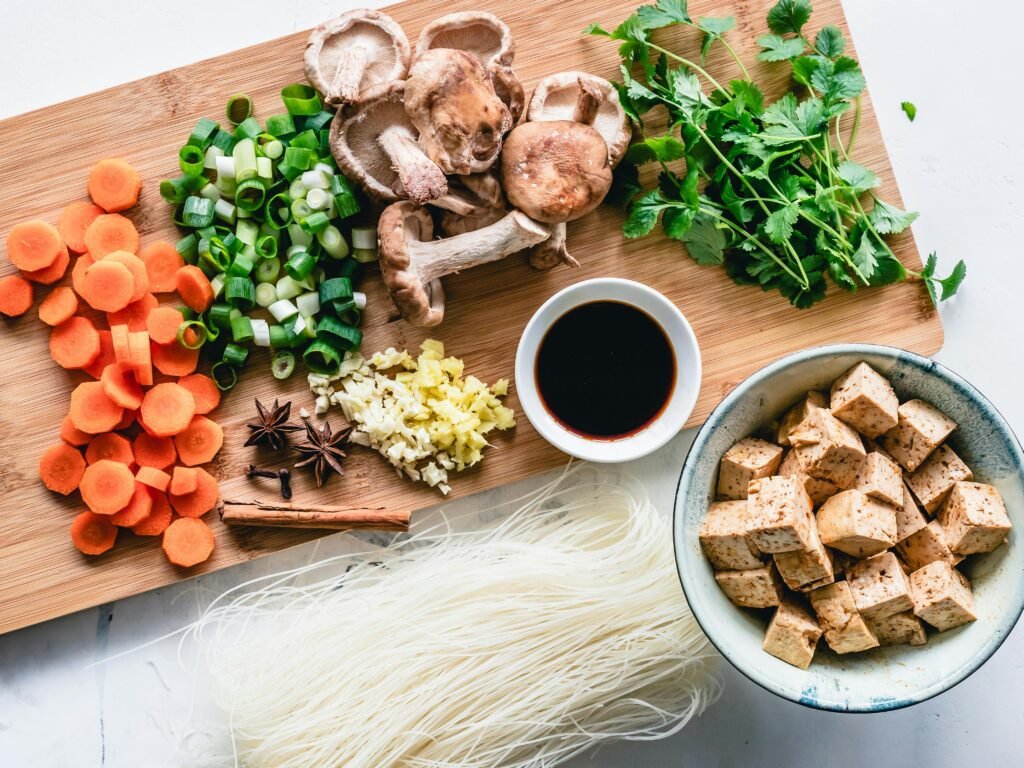
Protein is a macronutrient made up of amino acids that are essential for repairing and building tissues in the body. Unlike fats and carbohydrates, your body doesn’t store protein, which means you need to consume it regularly to meet your body’s needs.
The Basics of Protein and Amino Acids
- Essential amino acids: Your body can’t produce these on its own, so you need to get them from food.
- Non-essential amino acids: Your body can produce these, even if you don’t get them from your diet.
For building muscle: Protein is essential for supporting multiple bodily functions, including:
- Repairing muscle tissues
- Producing enzymes and hormones
- Supporting immune function
Protein's Role in Muscle Growth
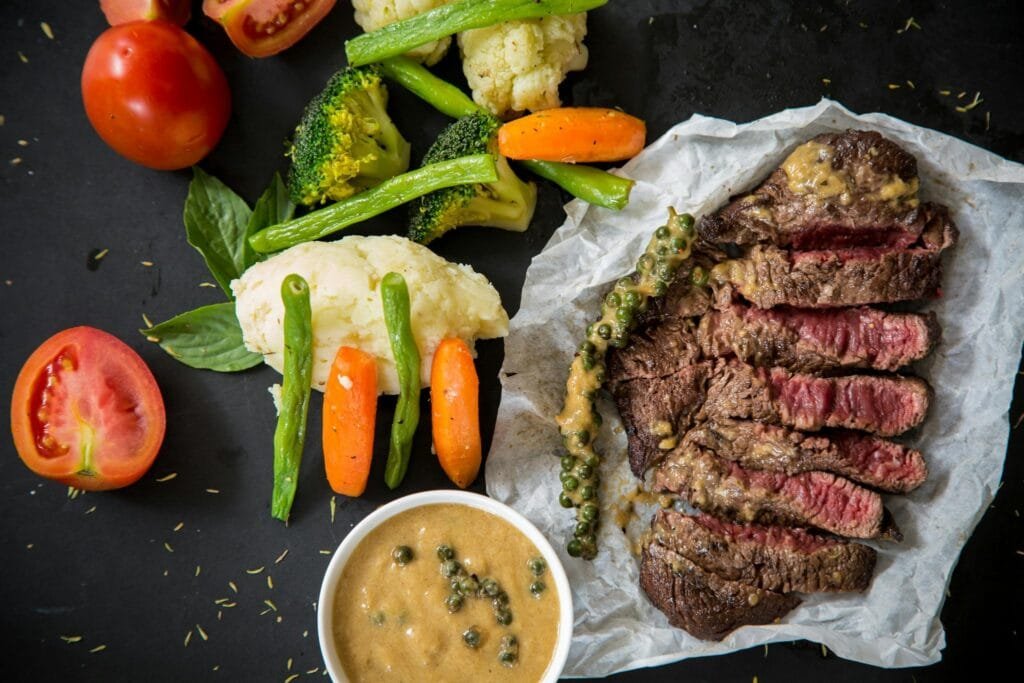
Building muscle requires a combination of resistance training and proper nutrition, with protein being a key component of that diet. Here’s how protein aids muscle growth:
- Muscle Repair and Recovery
When you exercise, especially during resistance training, you create tiny tears in your muscle fibers. Consuming protein helps repair these tears, leading to muscle growth. This function is identified as muscle protein synthesis (MPS).
- Protein Synthesis and Muscle Mass
Protein synthesis is the process by which the body creates new proteins to replace the damaged ones. This process not only repairs the muscles but also helps them grow larger and stronger. If you want to maximize muscle growth, it’s essential to consume enough protein to stimulate MPS.
- Optimal Timing for Protein Intake
The timing of your protein intake can significantly impact muscle growth. Consuming protein within 30 to 60 minutes after a workout can speed up muscle recovery. This is often referred to as the anabolic window, where your body is most efficient at utilizing the protein to rebuild muscle.
Best Protein Sources for Muscle Growth
Here are some of the best sources of protein to support muscle growth:
- Lean meats: Chicken, turkey, and lean beef
- Fish: Salmon, tuna, and other fatty fish
- Eggs: A complete protein source that’s easily digestible
- Dairy: Greek yogurt, cottage cheese, and milk
- Plant-based options: Lentils, chickpeas, quinoa, and tofu for those on a vegan or vegetarian diet
Protein's Role in Weight Loss
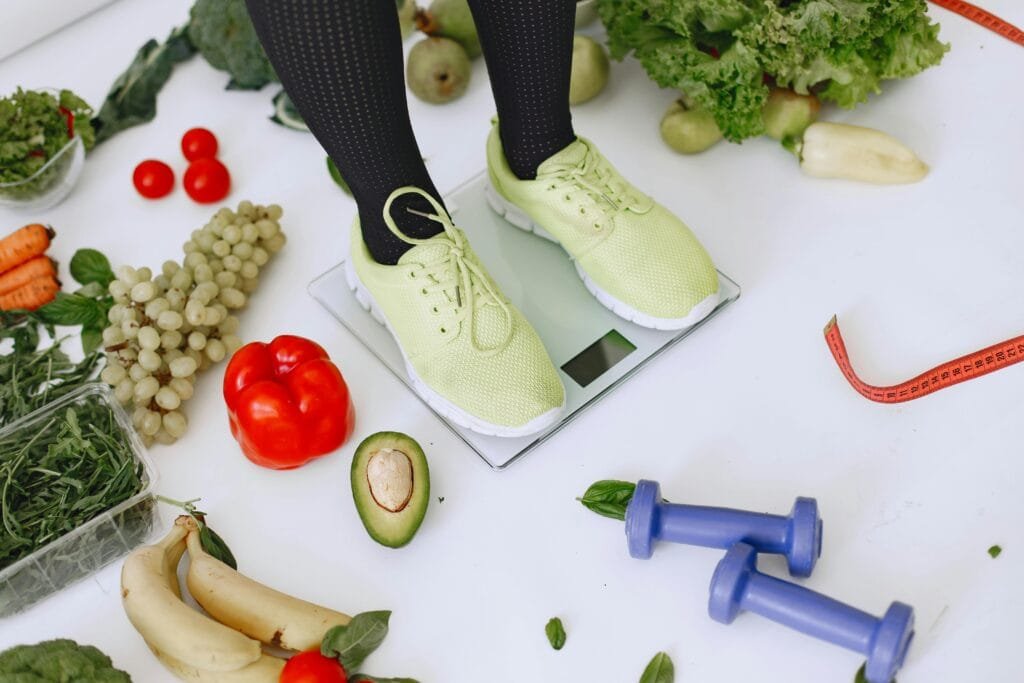
When it comes to weight loss, protein works its magic in several ways. It can help you shed pounds while preserving lean muscle mass, which is crucial for maintaining a healthy metabolism.
- Protein Increases Satiety
One of the most significant benefits of protein for weight loss is its ability to keep you feeling full for longer. When it comes to muscle growth, protein works by lowering ghrelin, the hormone responsible for hunger, while increasing peptide YY, a hormone that promotes a feeling of fullness.
- Boosts Metabolism
Protein’s thermic effect of food (TEF) is greater than that of fats and carbs, leading your body to burn more calories during its digestion and absorption. The TEF for protein is around 20-30%, while for carbs, it’s about 5-10%, and for fats, it’s only 0-3%.
Best Protein Sources for Weight Loss
To maximize weight loss, focus on protein sources that are low in fat and calories but high in nutrition:
- Lean meats: Skinless chicken, turkey breast, and lean cuts of beef
- Seafood: Shrimp, cod, and other lean fish
- Legumes and beans: Black beans, lentils, and kidney beans
- Low-fat dairy: Greek yogurt, low-fat milk, and cottage cheese
- Plant-based options: Tofu, tempeh, and edamame
How Much Protein Do You Need?
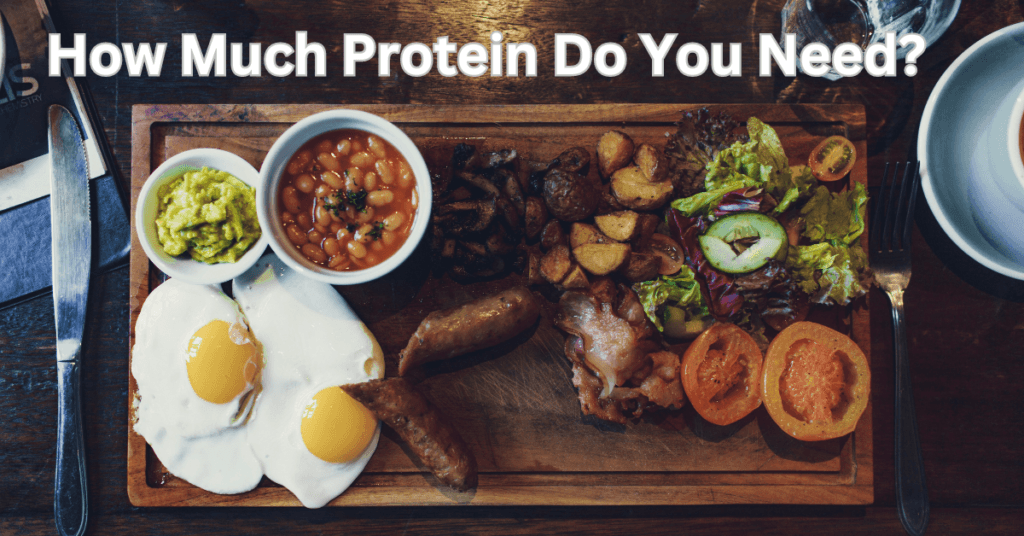
The amount of protein you need depends on your goals, body weight, and activity level. Here are some general guidelines:
- To promote muscle growth: target a protein intake of 1.6 to 2.2 grams per kilogram of your body weight.
- For weight loss: 1.2 to 1.6 grams per kilogram of body weight is usually sufficient to preserve muscle mass while losing fat.
- For overall health: the Recommended Dietary Allowance (RDA) suggests consuming 0.8 grams of protein per kilogram of body weight.
If you’re highly active or aiming for intense muscle gains, you might need even more protein. Consulting with a nutritionist or dietitian can help you determine the best intake for your specific needs.
You Can Also Try This digital Product = Quick to Make and High in Protein Vegan Recipes | EBooks
Combining Protein with Other Nutrients
Protein works best when combined with other nutrients. For muscle growth and recovery, pairing protein with carbohydrates after a workout can enhance nutrient delivery to your muscles, helping them recover faster. For weight loss, including fiber-rich vegetables with your protein helps you feel full longer, reducing the chances of overeating.
Pre- and Post-Workout Nutrition Tips
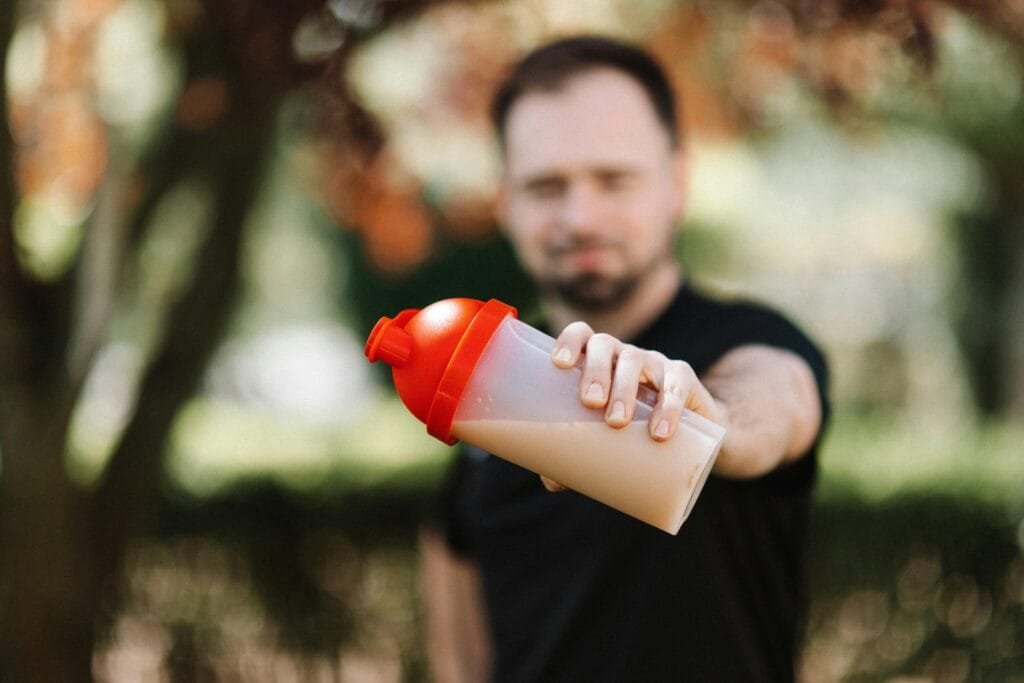
- Before a workout: Have a balanced meal that includes protein and complex carbohydrates to fuel your exercise.
- After a workout: Focus on a protein-rich meal or shake to kickstart the recovery process and reduce muscle soreness.
Common Myths About Protein
- Plant-Based Diets Offer Sufficient Protein for Everyone
This is a myth. There are plenty of plant-based protein sources like lentils, quinoa, tofu, and chickpeas that can help you meet your protein needs. Combining different plant foods ensures you get all the essential amino acids.
- More Protein Equals More Muscle
Consuming protein alone won’t build muscle. You need to combine it with resistance training for effective muscle growth.
Conclusion
Protein plays a crucial role in both muscle growth and weight loss by aiding in muscle repair, enhancing metabolism, and keeping you satiated. Whether you’re aiming to bulk up or slim down, ensuring that your diet includes sufficient protein is essential for reaching your goals. Remember to balance your protein intake with other nutrients and to choose a variety of sources to meet your dietary needs.
You Can Also Try This digital Product = Quick to Make and High in Protein Vegan Recipes | EBooks